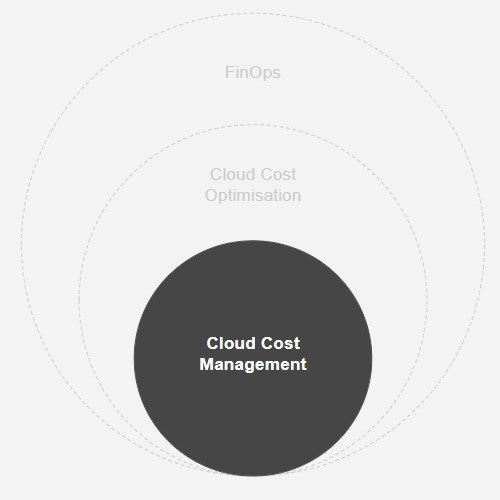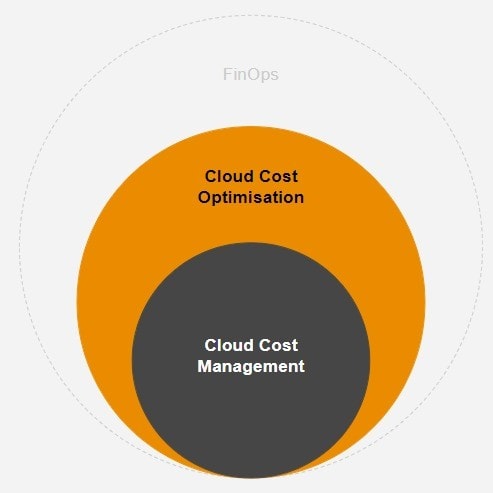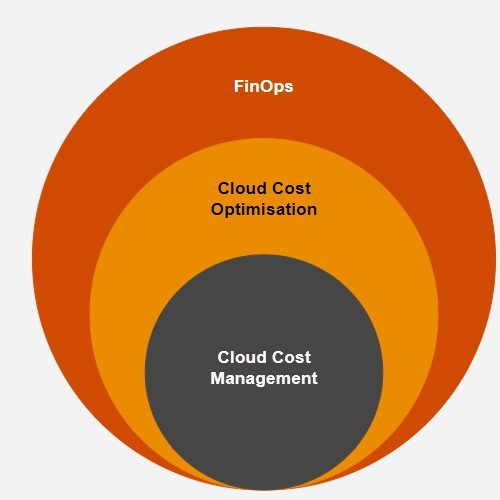Identifying cloud spend inefficiencies and reinvesting in business innovation
How FinOps drives cloud-powered innovation

Some organisations which have migrated to cloud face a lack of transparency around their cloud costs and challenges related to governance issues. These can hinder the realisation of cloud investment benefits and limit the ability to adopt innovations like Artificial Intelligence (AI) or sustainability initiatives.
Aligning cloud expenditure with business value is critical. However, the intricate nature of cloud service and pricing models can lead to suboptimal decisions which impact the precision of financial forecasts.
Maximising the business and financial value of cloud
In today's rapidly evolving digital landscape, FinOps offers a solution by aligning cloud expenditures with business value, enhancing financial visibility, and optimising costs. Implementing FinOps practices enables:
- Precise financial forecasting and accountability
- Timely data-driven decision making
- Optimised Return on Investment (ROI) from cloud services
This strategic approach transforms cloud spending into a competitive advantage, fostering innovation and helping to drive sustainability.

Cloud cost optimisation and finops Reggie
Cloud cost optimisation and finops Nicola
Advice for Technology buyers
“Make your cloud governance and FinOps approaches a top selection criterion. Cloud governance has become even more prominent in the two years since our last evaluation. As cloud hardware and software providers, and the providers that build bridges between the two, increasingly push toward higher levels of abstraction, building good cost and operational controls to govern your consumption of cloud services is critical. Ask professional service providers whether their cloud governance approach is optimised to meet technical or business operations, or is balanced between the two, and match that to your needs”
PwC Cloud FinOps Services and offerings
PwC’s cross-functional approach is based on four key areas for optimising cloud efficiency in FinOps: These domains offer a framework that helps organisations not only efficiently manage and optimise their cloud expenditures but also facilitate timely, data-driven decision-making to maximise business value derived from cloud operations.
- Process and Controls: Implement foundational processes and governance frameworks for effective cloud financial management
- Cloud Architecture: Adopt best practices for cost-efficient and well architected designs including; security scalability, and performance
- People and Organisation: Establish the necessary organisational structure, roles, skills, and responsibilities for managing and optimising cloud expenditure
- Enabling Tools: Deploy the tools required to efficiently monitor and reduce cloud expenditure through insights and automated controls
As key outcomes, our PwC Cloud FinOps Services and offerings will drive financial and operational transparency, bolster resilience, and promote sustainability.

















